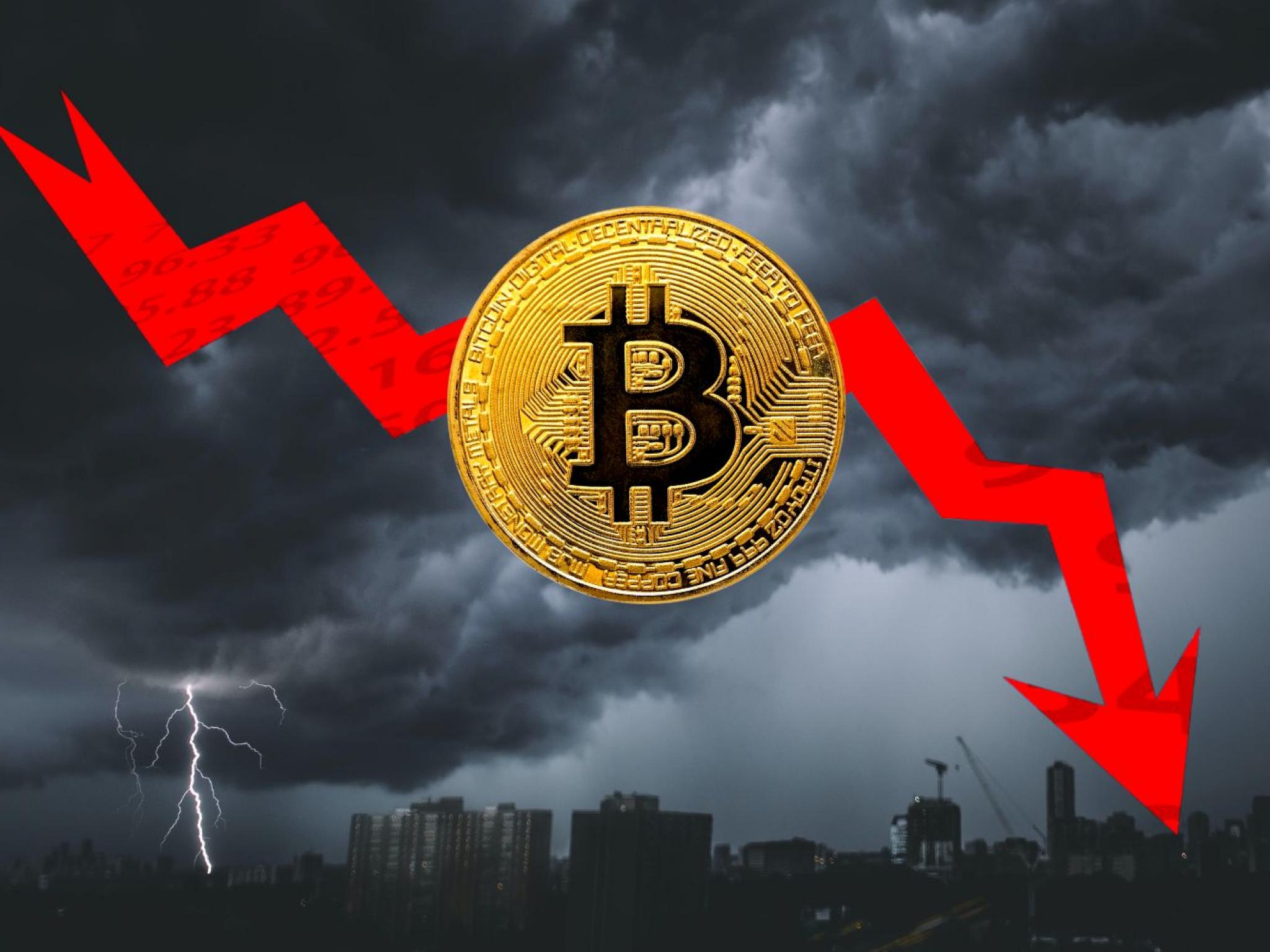
The correlation between stock and crypto-asset prices has risen significantly since 2020 and the digital assets today share similar risk profiles to oil commodity prices and technology stocks, according to Cesare Fracassi, Chief Economist at Coinbase Global Inc (NASDAQ:COIN).
The market capitalization of cryptos has seen a decline by over two-thirds, from $2.9 trillion at its peak in November last year, to less than $1 trillion currently. Since 2010, the total crypto market capitalization experienced a quarterly decline of 20% or more nine times.
From June 2017 to June 22, the crypto market cap rose 860% primarily due to adoption by institutional and retail investors, and the laying of the foundations of Web3, including decentralized finance applications, non-fungible tokens, decentralized identity solutions, tokenization of real assets, and decentralized autonomous organizations.
Pandemic increased correlation between cryptos and broader markets
According to Fracassi, the correlation between digital assets and the broader financial markets rose significantly since the Covid-19 pandemic.
“While for the first decade of its existence, Bitcoin returns were on average uncorrelated with the performance of the stock market, the relationship increased quickly since the COVID pandemic started,” he noted.

“In particular, crypto assets today share similar risk profiles to oil commodity prices and technology stocks,” Fracassi said and added that the volatility in Bitcoin and Ethereum are very similar to traditional assets like technology stocks.
The research pointed out that the crypto market cap declined over 57% year-to-date in 2022 and during the same time, the S&P 500 declined 19% and if macroeconomic conditions were the only cause of the decline, crypto assets, would have dropped by about 38%.
“We can thus roughly estimate that two-thirds of the recent decline in crypto prices can be attributed to macro factors, and one-third to a weakening of the outlook solely for cryptocurrencies,” Fracassi said.
Future of cryptos
Fracassi pointed out that assets like stocks, bonds, commodities, and cryptos incorporate into their price the market’s expectation about the future value of the asset.
Citing an example of Tesla Inc (NASDAQ:TSLA), he said if the market expects the car manufacturer to sell a very large number of vehicles in the future, the stock price today will be high to reflect that expectation and if Tesla meets that expectation in the future, its stock price will not rise, because it already incorporated that event into its price today.
“Thus, according to the market-efficiency view of crypto markets, only changes in the outlook of the crypto industry relative to what is already expected will bring changes to prices,” he said.







